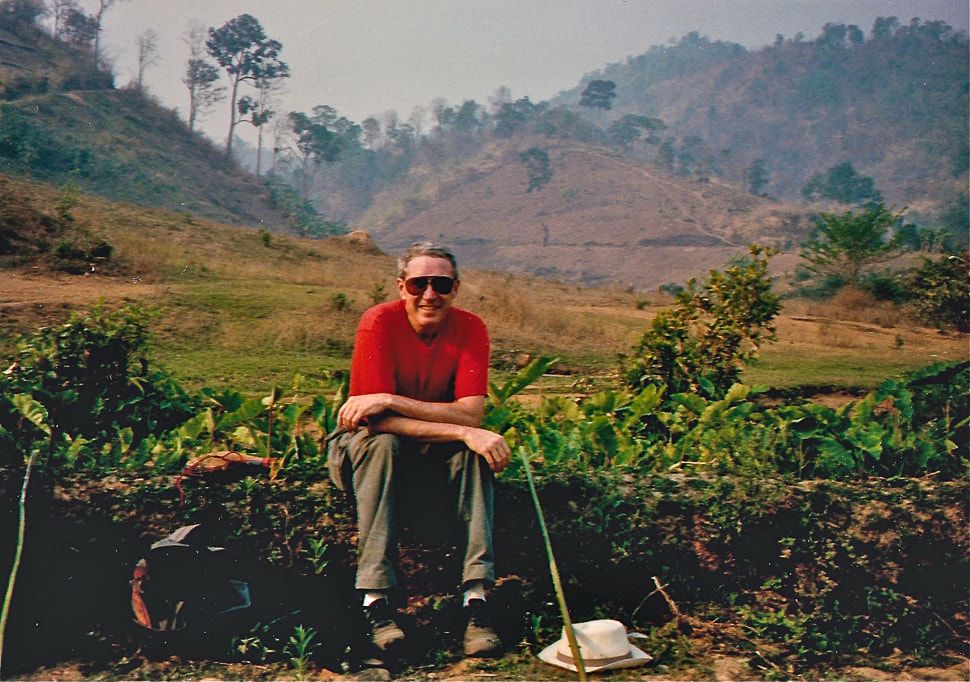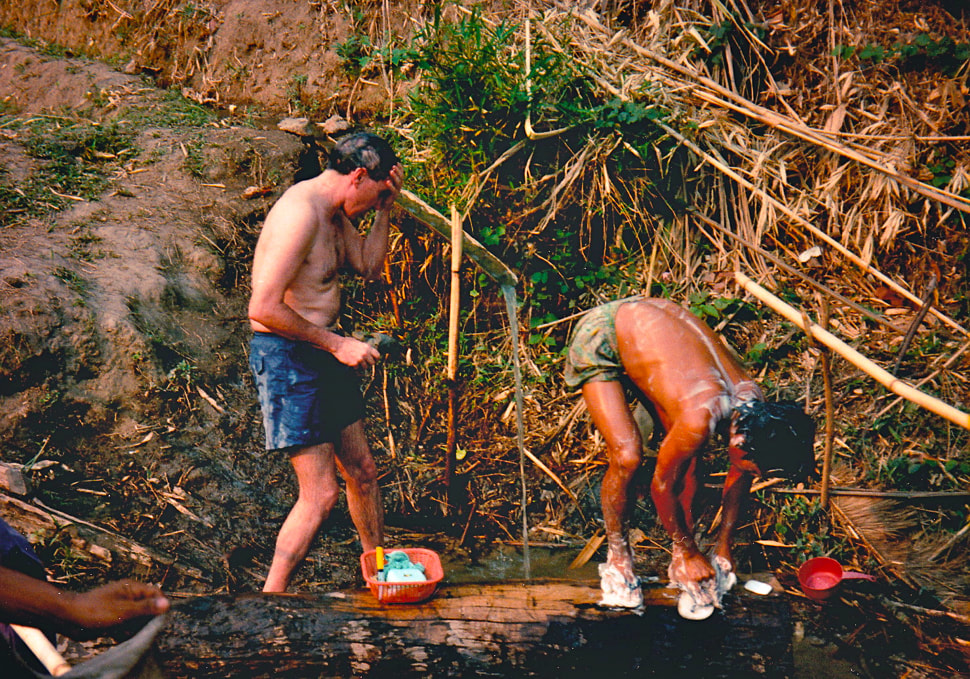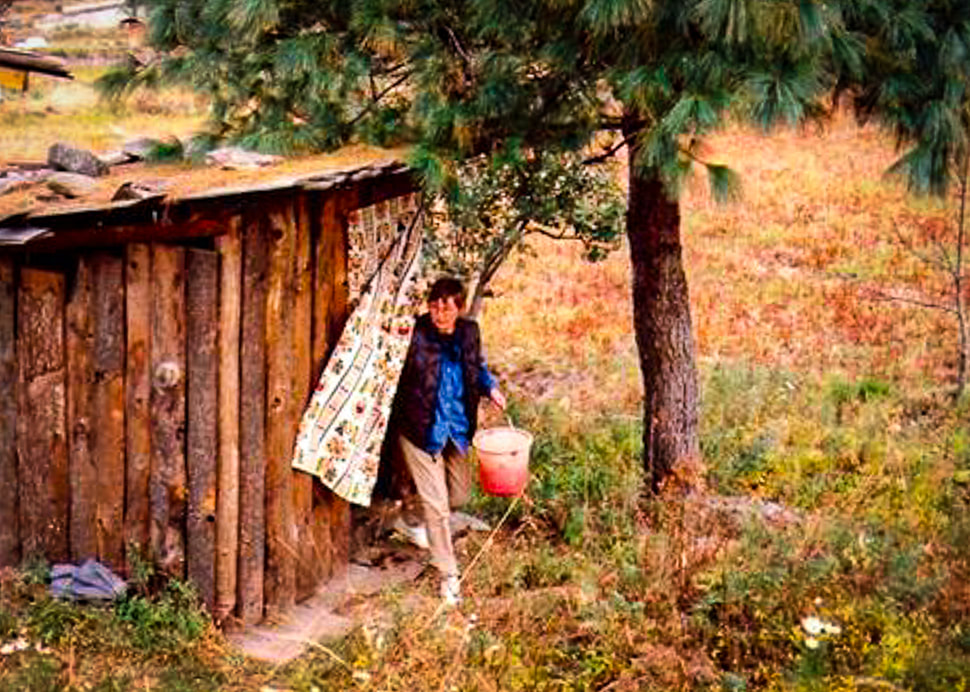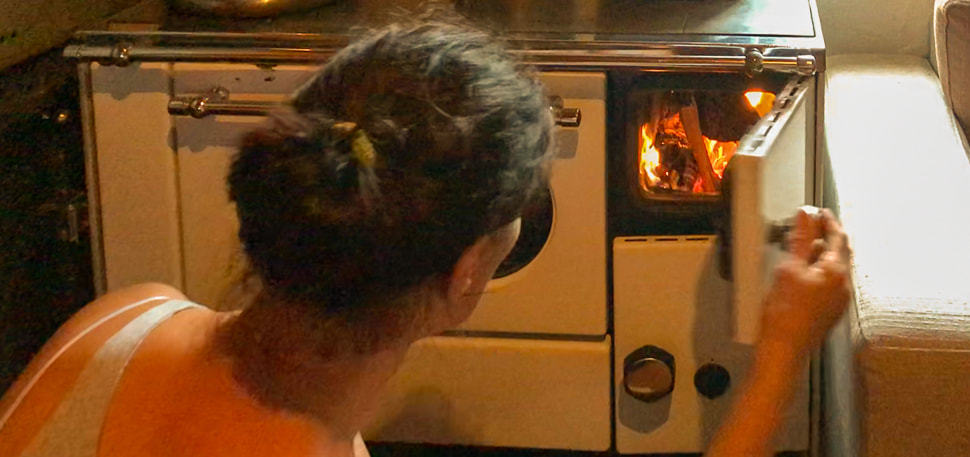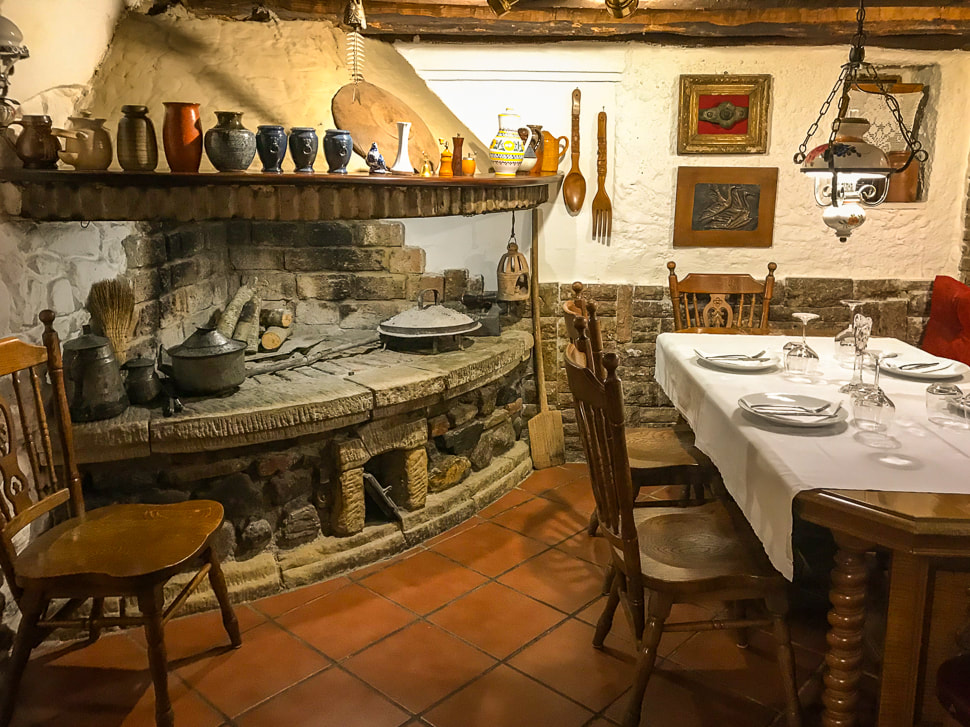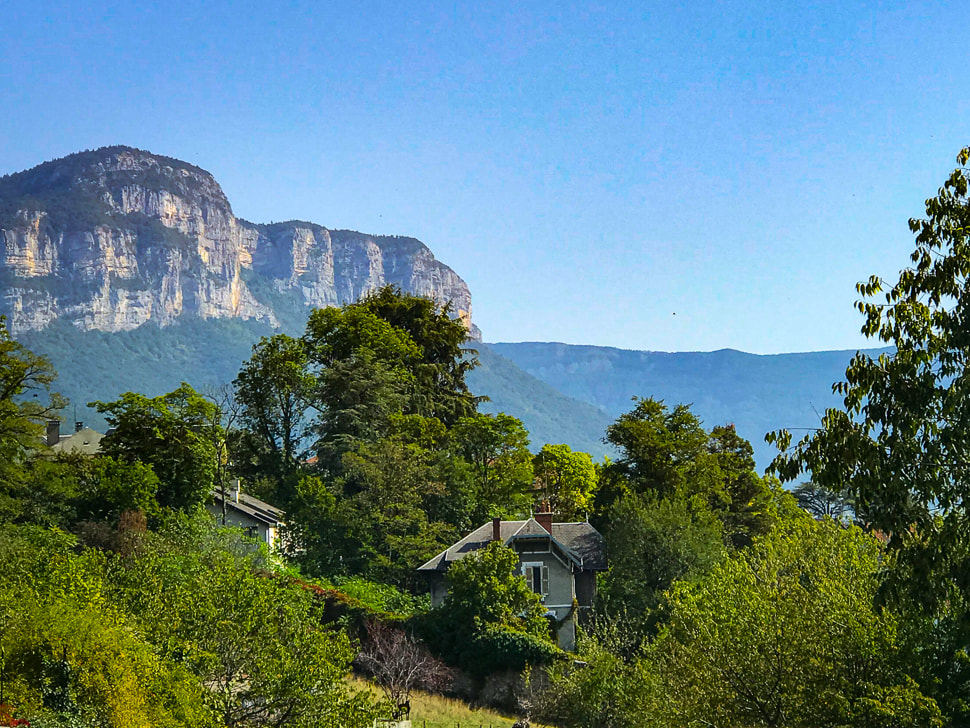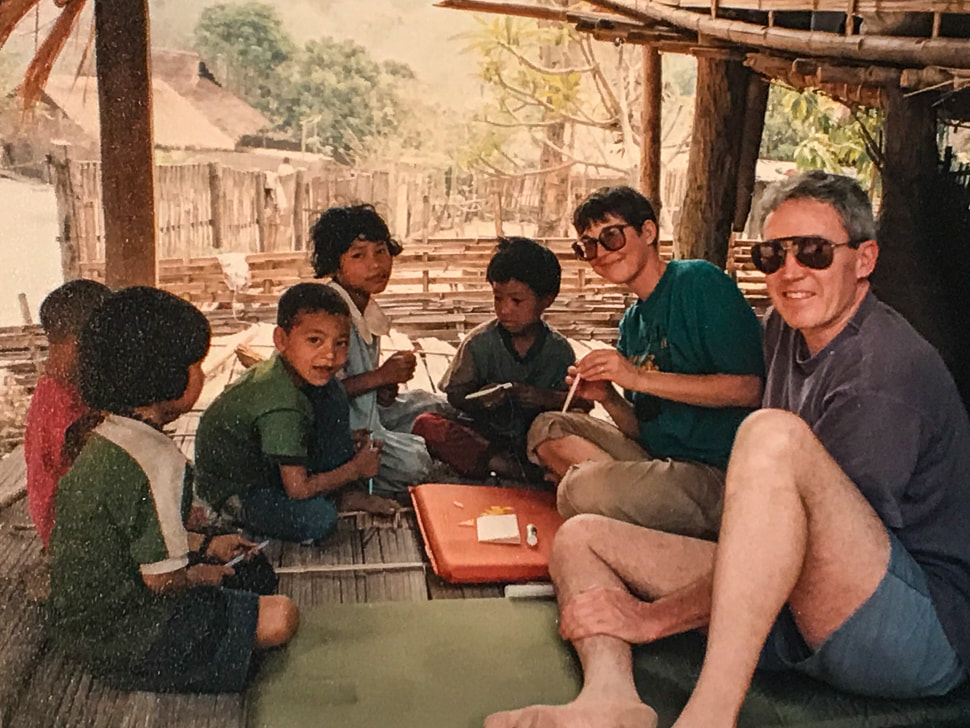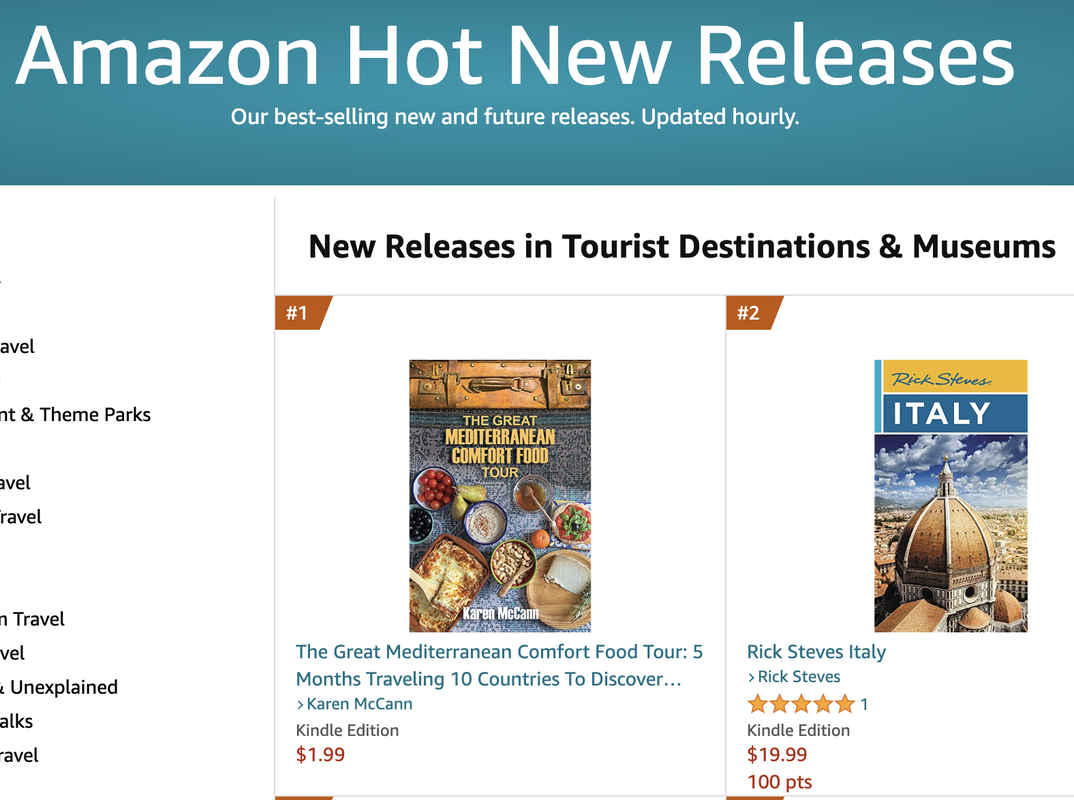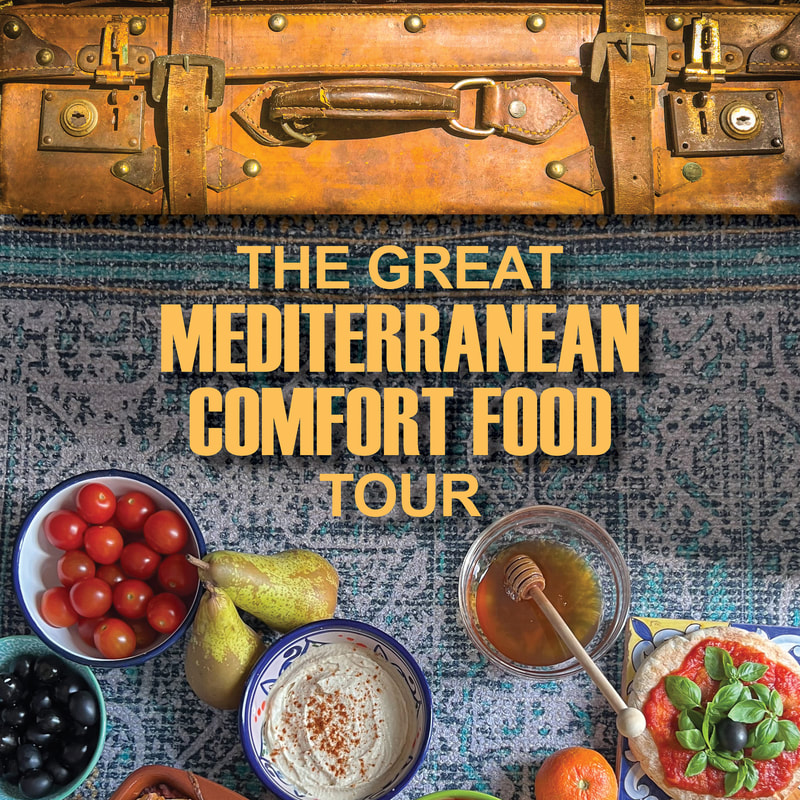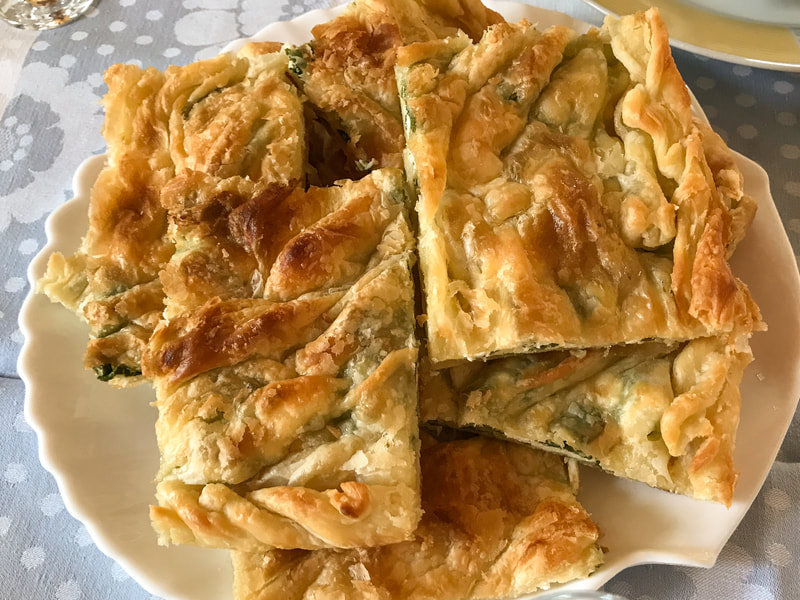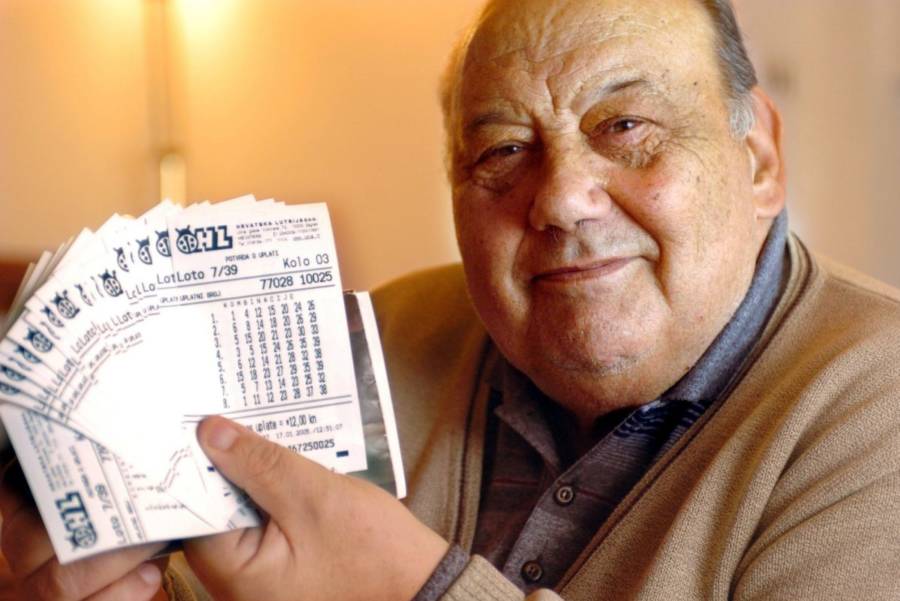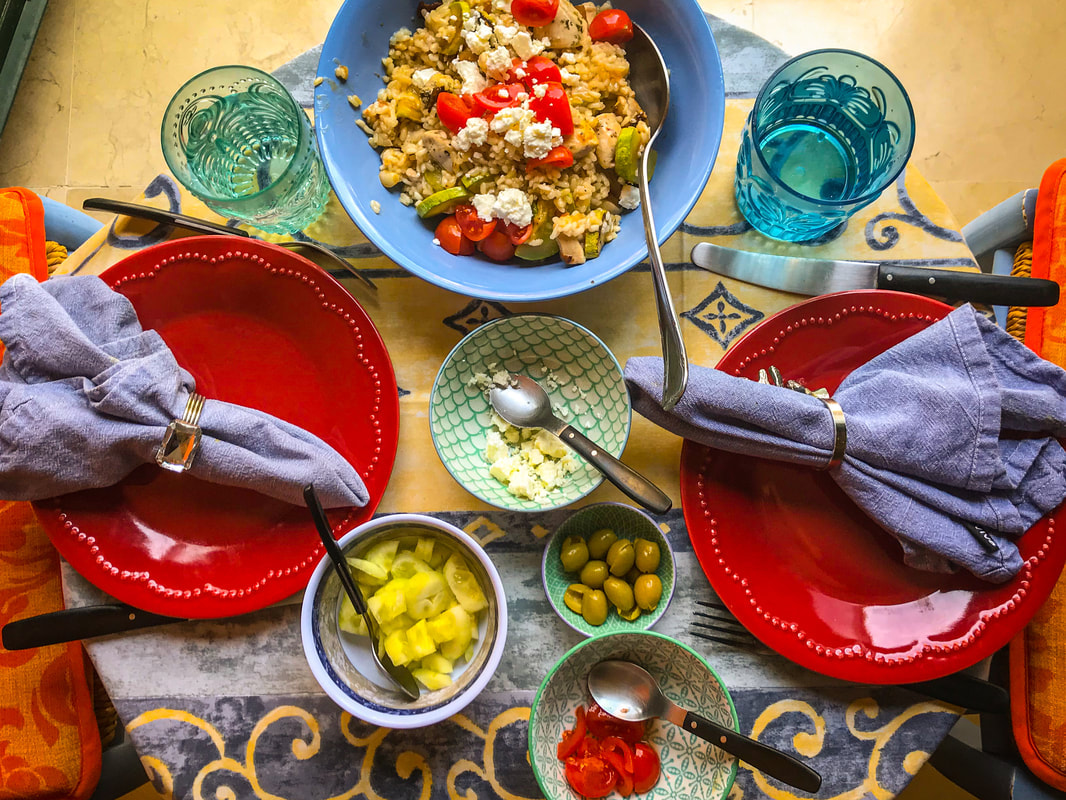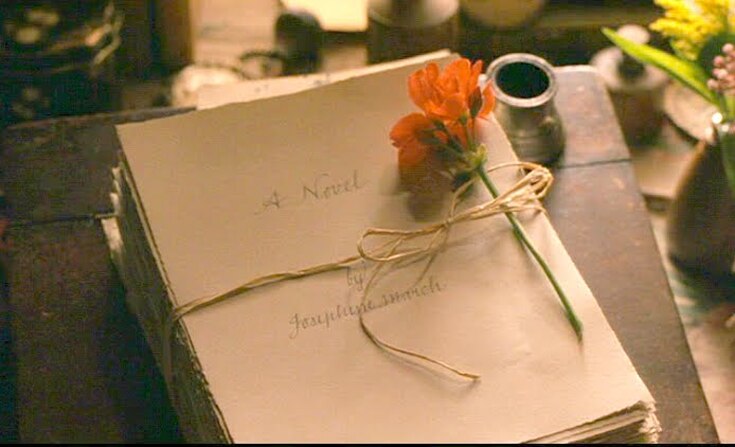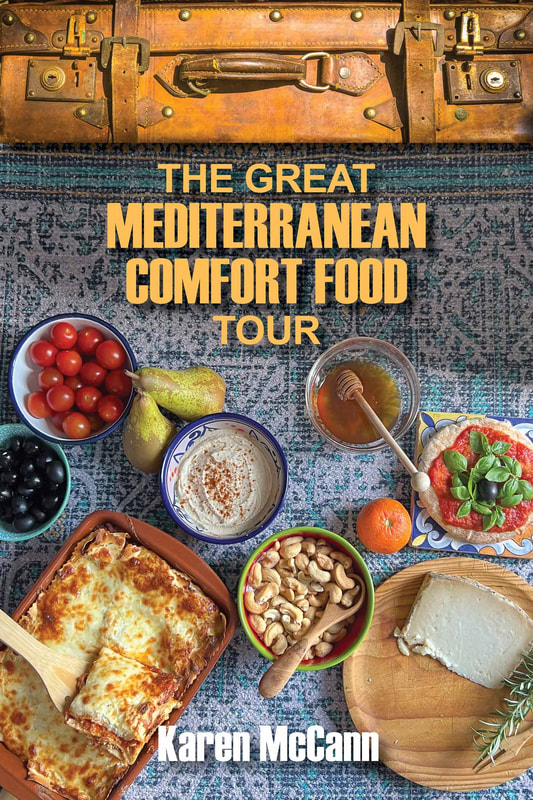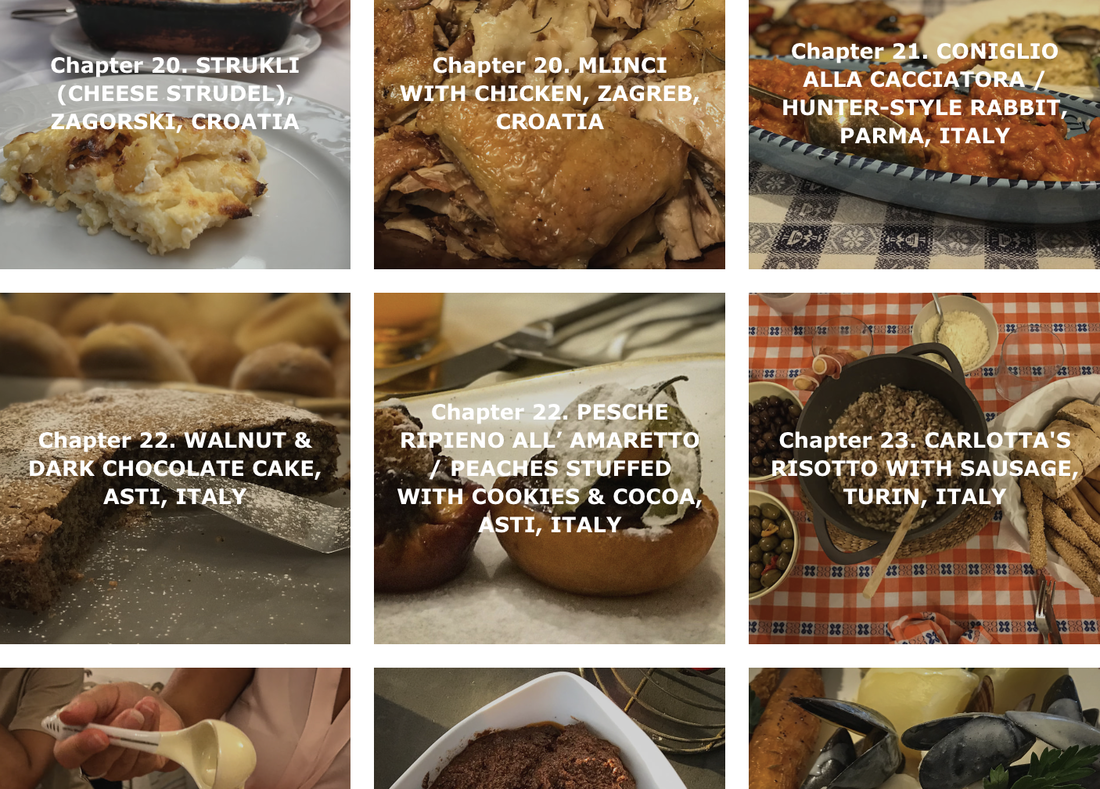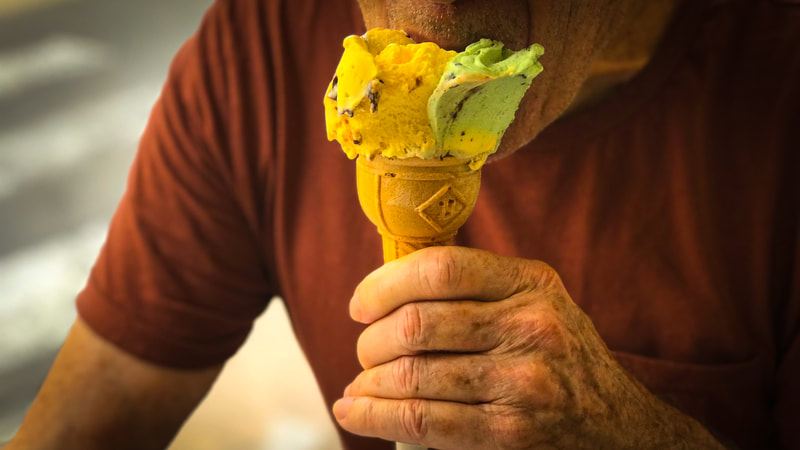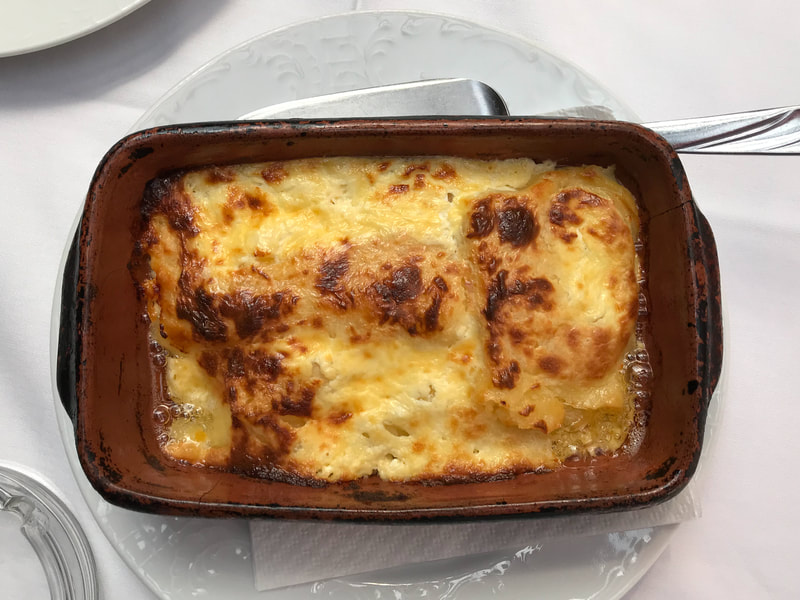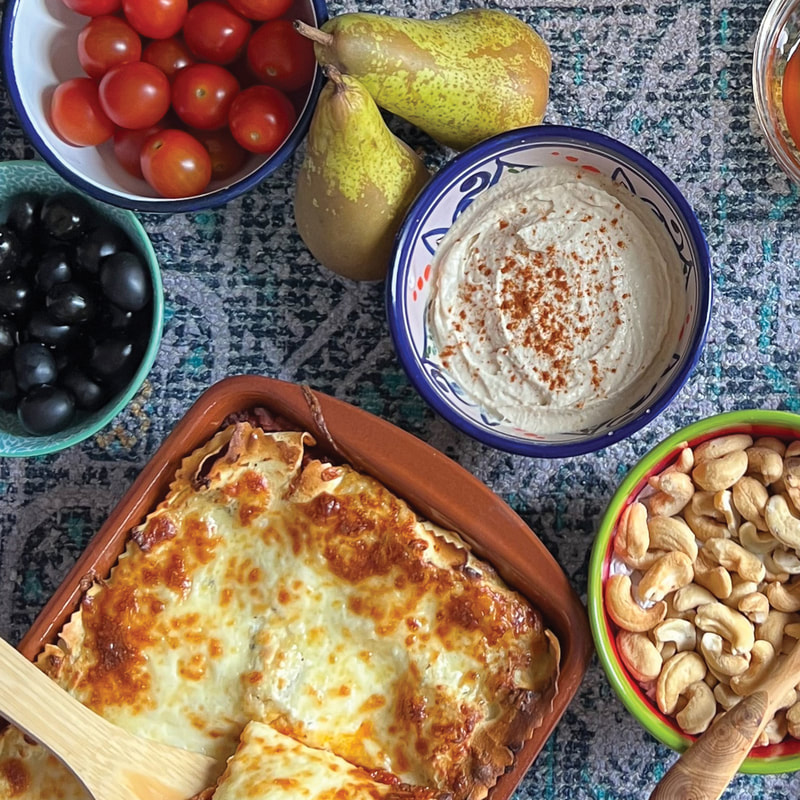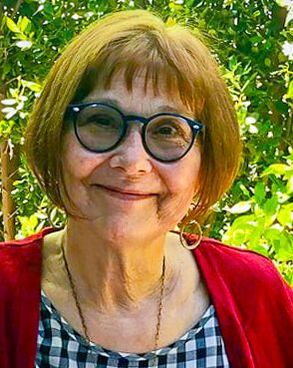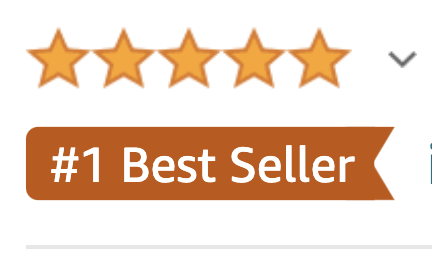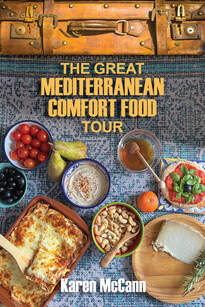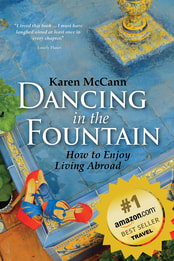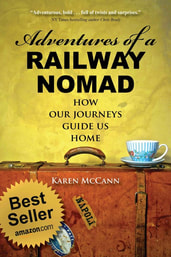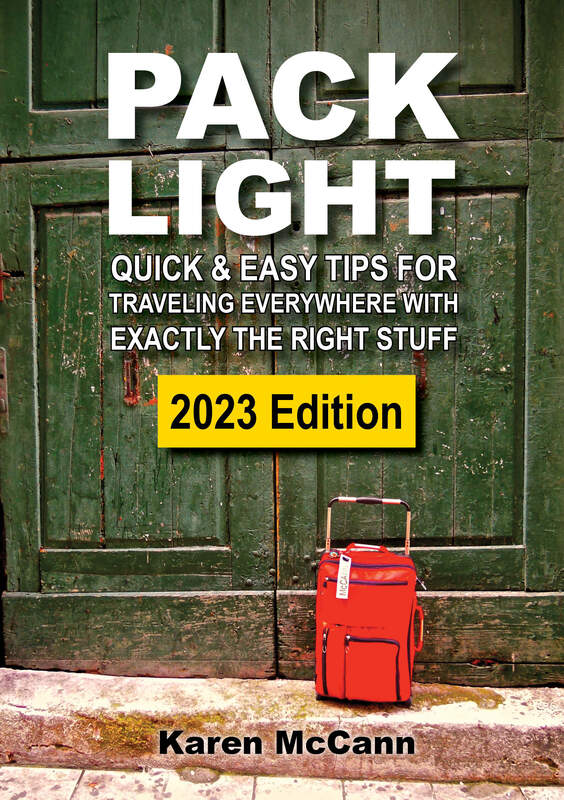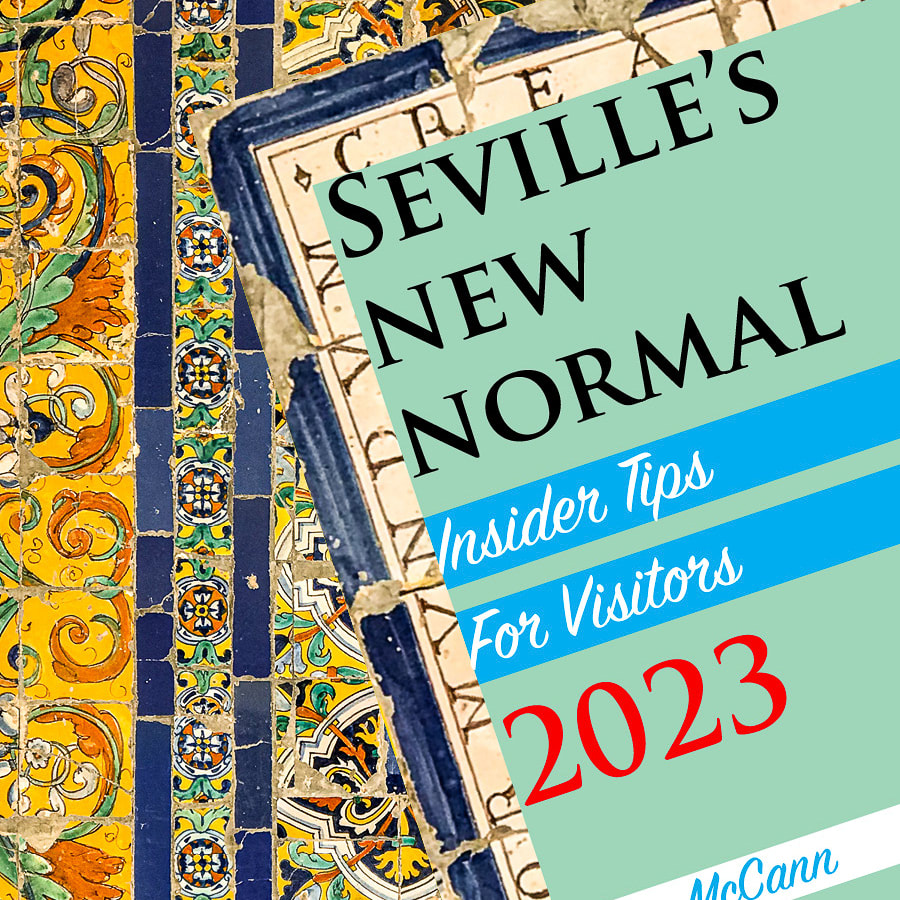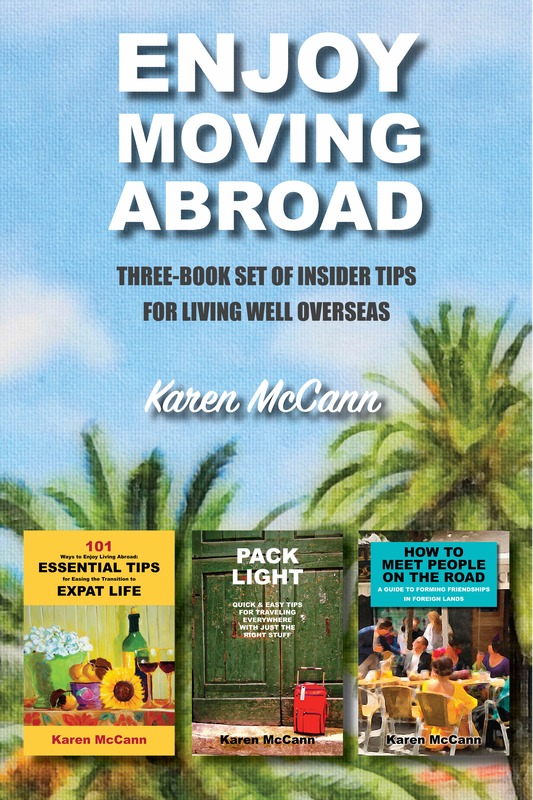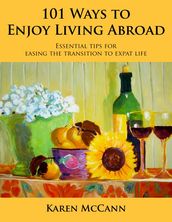|
Tour groups often wind up in lodgings that are low-budget, even downright dubious. In 1992 I was part of a group checking into a Bangkok hotel that looked cheap, shabby, and drab, with cut-rate wood veneer paneling and furniture that didn’t begin to aspire to Ikea quality. Did I care? Nope. It was just a jumping-off place for a trek among Thailand's hill tribe villages. For the next week, Rich and I hiked all day, slept in huts surrounded by pigs, ate whatever was put in front of us, and — since it was dry season — struggled to maintain even the most basic hygiene standards. Afterwards, I was so exhausted I slept most of the way back to Bangkok. I remember stumbling out of the van in an underground garage, wandering into a hotel lobby, and gasping at the luxury: plush sofas, carved wood, uniformed staff, the discreet clink of ice in glasses. Why hadn’t we stayed in this ultra-cool place when we first arrived in Bangkok? And then I realized we had. The hotel was the same; only I had changed. And that’s the beauty of travel: seeing things with fresh eyes. These moments on the road are vivid and precious, and it’s dismaying to feel them begin to fade the moment we hoist our suitcase onto the closet shelf. But we don’t have to lose these memories; in fact, sometimes we need a lifetime to unpack our experiences properly. “It’s only when you get back home that you can really begin to understand a trip and implement the changes it may have set into motion inside you,” says Pico Iyer, one of my favorite travel writers. He’s been thinking a lot about this lately, as in January he’s launching a TED course called “How to take a life-changing journey.” Iyer suggests that to get at the true meaning of our travels, whether they last a day or many weeks or longer, we should ask ourselves three questions. They’re such good questions that on Sunday, over plates of leftover turkey and glasses of Italian wine, Rich and I spent quite a while discussing them in the context of our Mediterranean Comfort Food Tour. Question 1: What moved me most over the course of my trip? Rich instantly said it was the people we met along the way. “From Carlotta in Turin, to Zina and her family in that Albanian farmhouse, to the guys who cut your hair in Heraklion — there were so many. These weren’t monumental moments, just quietly wonderful connections.” I remembered the distress and heartbreak I felt, realizing that changes I’d always assumed were 100% positive — such as the fall of communism — had serious downsides as well. I’m not saying anyone wanted to return to the old days, when crazed dictators tried to create modern utopias using secret police, forced labor camps, and political assassinations (because nothing says utopia like unmarked mass graves). But many people I met spoke wistfully about the days when everyone had a job, a place to live, free medical care, a pension, and far fewer worries about the future. Change has forced many to find unexpected inner strength and a philosophical attitude. Question 2: What surprised me most on my trip? Hands down, Rich and I agreed the biggest surprise was Albania. Those who love it best call it beautiful but rough around the edges; detractors call it grim, dangerous, and dull. When I mentioned I was heading to Albania, nearly everyone asked “Why?” Followed by, “No, really, why?” And finally, “Are you nuts?” But we both absolutely loved Albania. For a start, the countryside had real storybook charm and cities teamed with vitality. And the food was some of the best in Europe. We were treated as honored guests wherever we went. Possibly because they saw how clueless we were in such unfamiliar surroundings, each hotel owner, host, or driver carefully handed us on to the next person who would be entrusted to look after us. Rich said, “I thought, ‘Why can’t everyone do this?’ Why don’t we treat each other with such courtesy, remembering that we’re all connected?” Good question! Question 3: How might my trip move me to think or live my life a little differently? The moment I read that question, I remembered sitting with Rich in a little park in Chambéry, France and discussing the need to fly less frequently. This was near the end of the trip, and after nearly five months on the road, my sense of connection with the world was pretty powerful. It was a buoyant feeling but carried a sense of responsibility, too. I felt I owed it to everyone (including myself) to try to do better by the world we shared. Interestingly, that’s what Pico Iyer said about a trip he took to Antarctica, where he was overwhelmed by the extraordinary beauty — and by how he was contributing to its destruction, just by flying there. Every traveler with a conscience wrestles with this question, and when I brought it up to Rich on Sunday, he reminded me of a long-ago conversation we had with a priest in a poor part of El Salvador. “Visitors always ask what they can do to help,” the priest told us. “They want to build a school or dig a well, so they can go away feeling they’ve contributed and can forget about our problems. But I tell them the best thing to do is this: nothing. I want people to come down here, see what’s happening, and break their hearts — then go back and tell others what they’ve seen. That’s what will bring about real change.” I sometimes think that one conversation is the real reason I became a travel writer. ‘Promise yourself twenty minutes every day to ensure that the journey doesn’t get lost,” advises Iyer. “How might you act differently now? Ask yourself how your life is rich in ways you hadn’t imagined before [and] ask yourself how it’s poor.” Wise advice! My life is much richer for having spent 161 days on the road, meeting people, exploring the Mediterranean rim, and sampling some of the most mouthwatering comfort foods on the planet. And after all that fun, I had the sublime pleasure of describing all the best moments in my new book. Which brings me to the announcement I’ve been waiting years to make: My book The Great Mediterranean Comfort Food Tour has been published! It’s out in Kindle and paperback. Yay! And thanks to all your pre-orders, it’s already a bestseller. These are thrilling times, my friends. After all the unforeseen detours, hiccoughs, and delays (yes, pandemic, I’m thinking of you!) I’m so happy the book is out at last. Whew! Thanks for all your support and encouragement, and for joining me on this very long and joyful journey. WELL, THAT WAS FUN. WANT MORE? Subscribe to receive notices when I publish my weekly posts. Just send me an email and I'll take it from there. [email protected] Yes, my so-called automatic signup form is still on the fritz. Now that the book is done, I'll have time to work on fixing it. Thanks for understanding.
7 Comments
Let me ask you this: Do you feel lucky? I’ve always considered myself a fortunate person; for a start, I grew up with enough to eat, a good education, and a reasonably sane family (yes, they are!). But these and my many other blessings don’t hold a candle to the karma of “the world’s luckiest man,” Croatian music teacher Frane Selak. His run of fortuity began in 1968, when he was in a train that skidded off the rails and plunged into a river; 17 passengers drowned but a stranger pulled Selak to safety. The following year, during his first and only airplane ride, one of the doors malfunctioned and blew open in midflight; Selak was sucked out but landed safely on a haystack while the plane crashed, killing 20. After that he survived two different accidents where his car — and his hair — caught fire. Then he walked away unharmed after being hit by a bus. A year later, swerving to avoid a truck, Selak struck a guardrail. It gave way and he was hurled from the car; he managed to grab a tree branch and hold on while his car dropped 300 feet into a gorge. Two days after his 73rd birthday, he won $1 million in the Croatian National Lottery. "You could look at it two ways," said Selak, who died in 2016 at the age of 85. "I was either the unluckiest man in the world, or the luckiest. I preferred to believe the latter." Many details of these stories are difficult to corroborate, but the fact remains nobody who knew Selak would go anywhere with him. As one neighbor put it, “If I heard Frane had booked a flight or a train, I would cancel.” Although I am certainly not in Selak’s league — and I thank my lucky stars for that! — I’m feeling particularly sympathetic about his rollercoaster ride through life. Because I’m finally (knock wood!) wrapping a project that has had some surprising ups and downs. The project I’m talking about my book about the Mediterranean Comfort Food Tour. My long-time readers will recall that in 2019 I spent five months on the road traveling through ten countries to discover Europe’s most mouthwatering indulgences. The trip itself was sheer delight. OK, Rich and I had a few hiccoughs, detours, minor health issues, and wardrobe malfunctions along the way, but hey, compared to being blown out of an airplane, nothing to complain about. I ate glorious meals, struggled with a few oddball delicacies (yes, Italian horsemeat, I’m thinking of you), and gathered wonderful recipes, memories, and friendships. After 161 days on the road, I returned to Seville and settled in to write the book. I spent my days typing at breakneck speed, trying to corral my notes, thoughts, and recollections into some kind of coherent form. As usual when I’m knee-deep in writing a book, I mostly ignored the outside world; news and correspondence could wait. When my online inbox got too full, I’d sit down, answer emails from friends and family, and skim through the rest before deleting it. I remember casually glancing at a blog post about the worrying state of the world and coming across word I’d never seen before: coronavirus. The author sounded so alarmed I decided to look it up. That’s when I discovered a million people were on lockdown in China. Wait, what? When had this happened? And how did I not know about it? Was it possible I’d gotten just a tad too wrapped up in the book? I sat staring at the computer screen. A million people on lockdown. Should I be worried? Of course, you all know the answer to that. Within weeks I was on lockdown myself, and my lighthearted book about finding comfort food on the road suddenly seemed irrelevant. Worse, it seemed insensitive, even cruel, to write about flitting around Europe feasting on magnificent dishes with congenial companions in exotic settings when nobody could even go out for coffee. With regret, I set the book manuscript aside. For two years I focused on my blog, where I endeavored each week to find something heartening, helpful, and if possible entertaining to offer my readers. Then, as it happened — and stop me if you’ve heard this — the pandemic finally loosened its grip on the world. People began traveling again. My thoughts kept straying to the book, and this summer I opened up the manuscript file and dove back in, losing myself once more in the stories of culinary adventures on the road. I finished writing it a month ago. At this phase of every book, I pause and think enviously of the part in Little Women where Jo ties up her manuscript with string and mails it to a publisher. Almost immediately she receives the beautifully produced leather-bound volume and a nice fat check. If only! Nowadays, of course, we self-published authors do all our own production legwork, starting with cover design. After various false starts, this is what we came up with. Rich was the lasagna chef, and I must say, it tasted even better than it looks. One of the big decisions was whether to include all the recipes in the book. I’d originally planned to, but then I realized that would make the print edition enormously long and ridiculously expensive to produce. And I don’t know about you, but I’ve never figured out how to download or print a recipe from my Kindle, and I like hard copies so I can make notes. So I decided it would be more practical, and useful for my readers, to make everything available online: recipes (in metric and US measurements), videos, photos, links, notes. My free online comfort recipe cookbook is available now on my website. Have a look, and if you try any of the recipes, please send comments and photos to [email protected]. I’m just about ready to publish, but I figure with Thanksgiving on the horizon, my American readers are preoccupied trying to find a big enough turkey and work out a seating arrangement that will keep the peace (or at least a ceasefire) in the extended family. I don’t want to get in the middle of any of that! So the book’s launch date is now set for Tuesday, November 29. Of course, there are no guarantees in this world, and after being clobbered by the pandemic, I’m prepared for anything — alien invasion, zombie attack, WWIII — that could sabotage my plans. So I’ll just say that whenever fate allows this book to make its debut, I promise you’ll be the first to know. And after that, I’m going out and buying a ticket in the Croatian National Lottery. WELL, THAT WAS FUN. WANT MORE? Subscribe to receive notices when I publish the book and weekly posts. Just send me an email and I'll take it from there. [email protected] Yes, my so-called automatic signup form is still on the fritz. Thanks for understanding. |
This blog is a promotion-free zone.
As my regular readers know, I never get free or discounted goods or services for mentioning anything on this blog (or anywhere else). I only write about things I find interesting and/or useful. I'm an American travel writer living in California and Seville, Spain. I travel the world seeking eccentric people, quirky places, and outrageously delicious food so I can have the fun of writing about them here.
My current project is OUT TO LUNCH IN SAN FRANCISCO. Don't miss out! SIGN UP HERE to be notified when I publish new posts. Planning a trip?
Use the search box below to find out about other places I've written about. Winner of the 2023 Firebird Book Award for Travel
#1 Amazon Bestseller in Tourist Destinations, Travel Tips, Gastronomy Essays, and Senior Travel
BLOG ARCHIVES
July 2024
CATEGORIES
All
|
